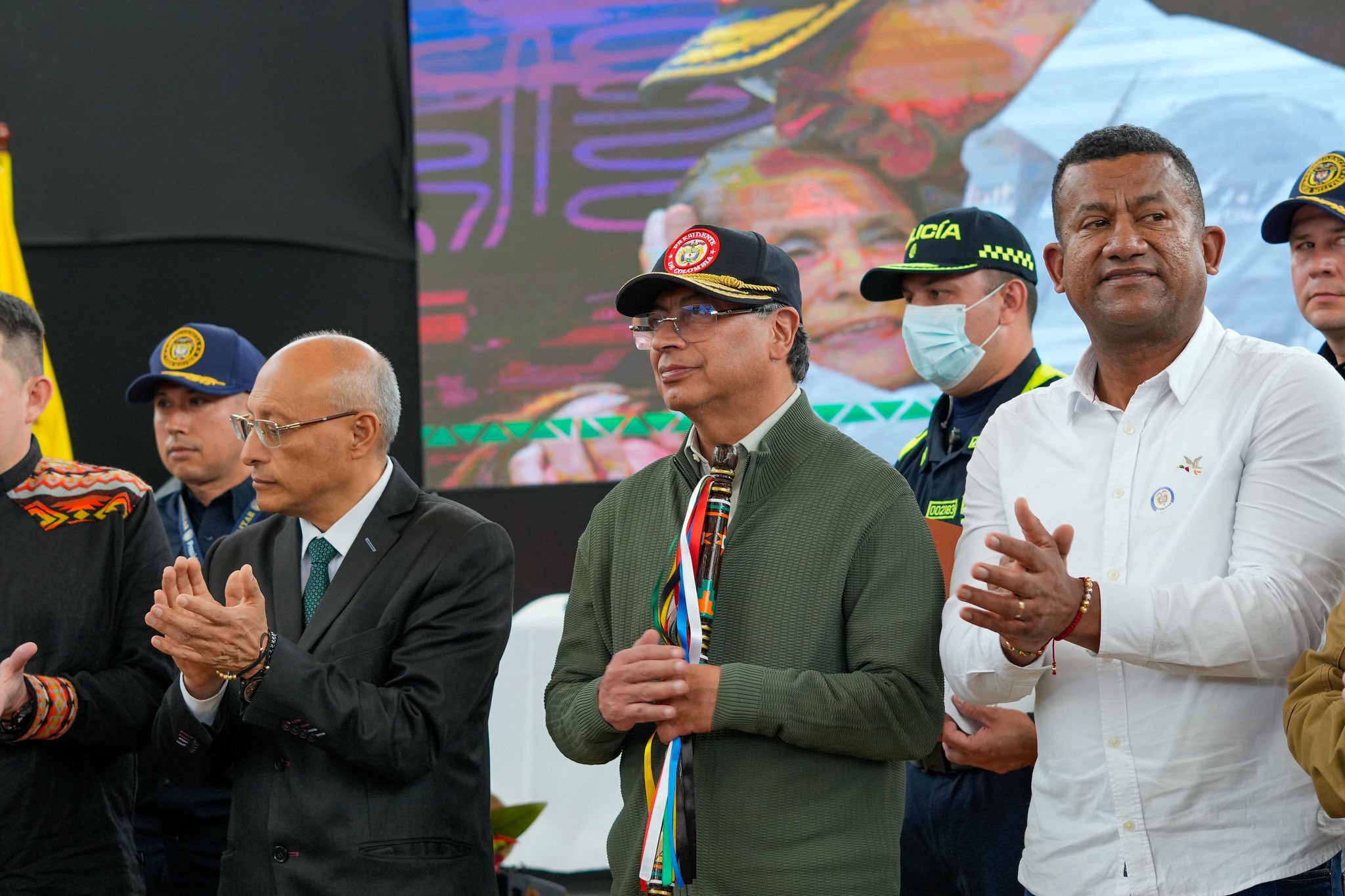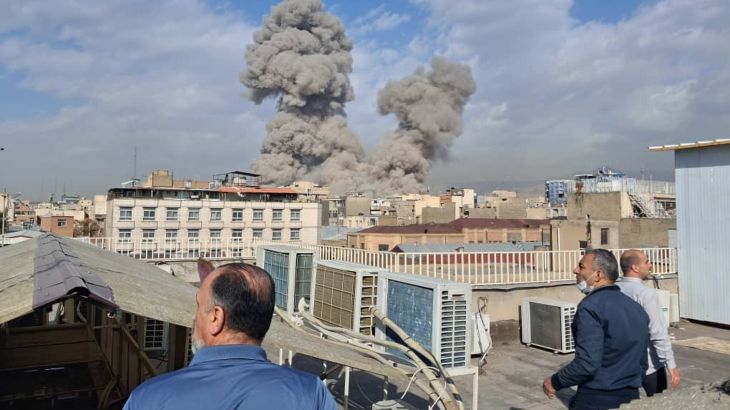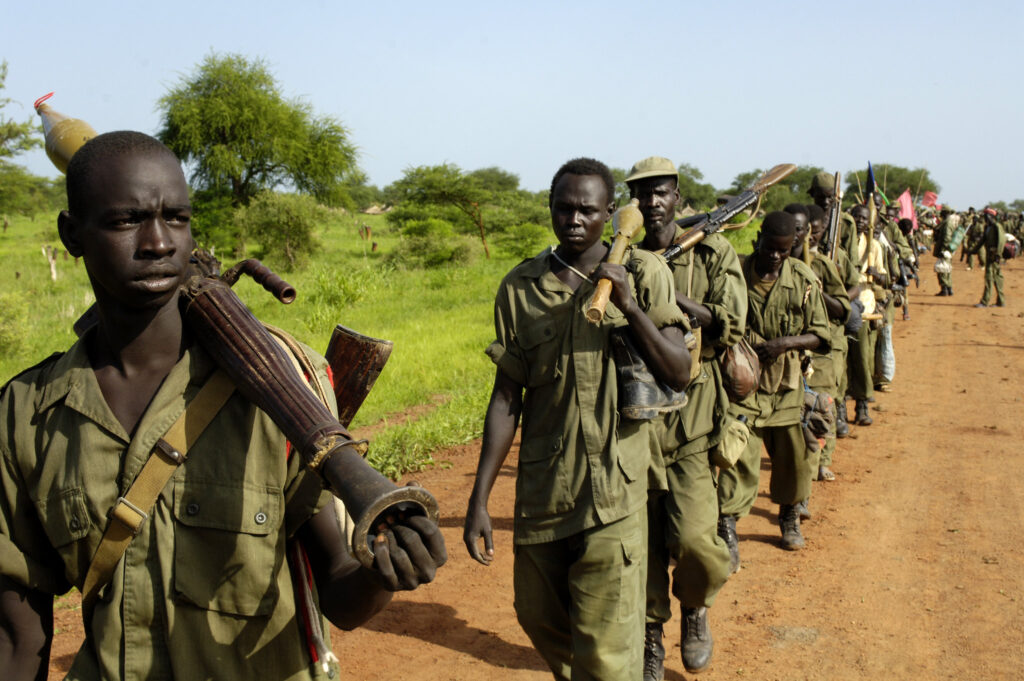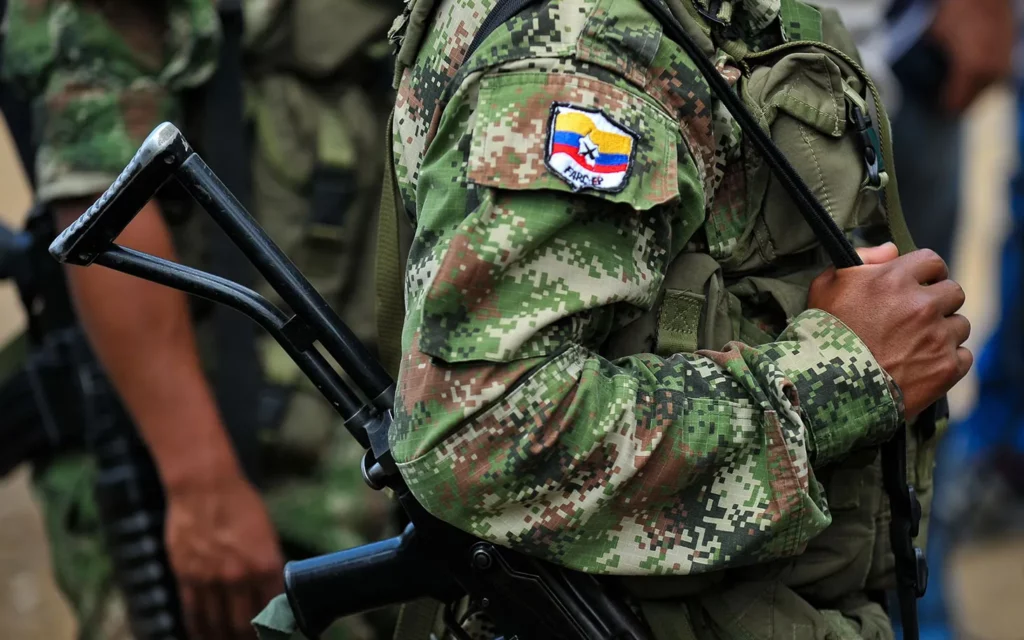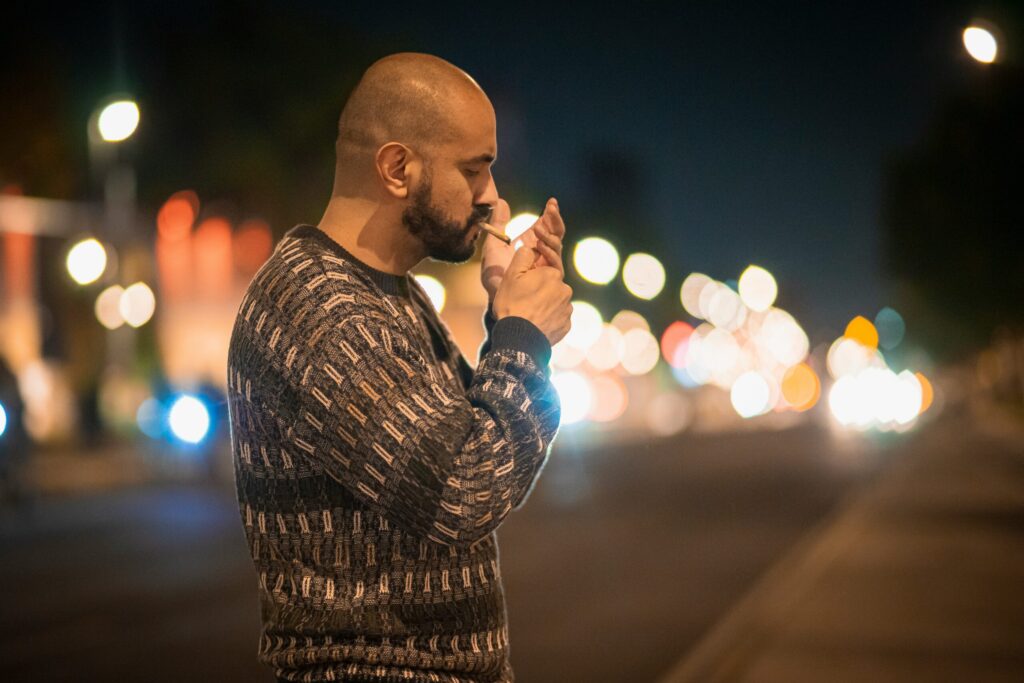Bogotá, Colombia – On Saturday, April 5, the Comuneros del Sur rebel group began handing over arms to the government, marking the first successful demobilization under President Gustavo Petro’s ‘total peace’ plan.
The group consists of roughly 250 members and split from the National Liberation Army (ELN) in May 2024 to pursue peace talks with the state.
While the government is celebrating the deal, critics say that it is an exception to an otherwise deteriorating security situation and peace process in Colombia.
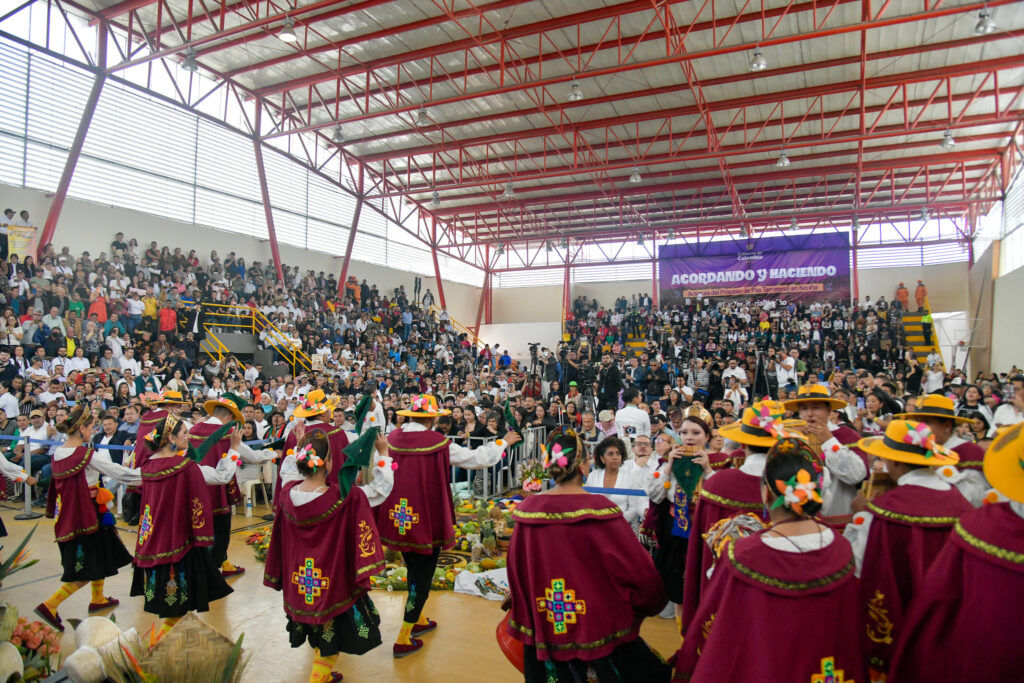
At a press conference in Pasto, the capital of the southwestern Nariño department, Petro and leaders of the Comuneros del Sur signed two accords, the sixth and seventh agreements to be struck between the state and the rebel group.
The sixth accord, titled “For truth, memory, and the dignity of victims”, outlined commitments to restorative justice and memory processes in Nariño for victims of the armed conflict.
The seventh dealt with substituting illicit crops, with an explicit goal of transitioning 5,000 hectares (around 12,300 acres) across 10 municipalities.
But the major milestone on Saturday was the fulfillment of a previous deal to forfeit arms to the state. Petro ordered the military to destroy 585 explosive artefacts handed in by the Comuneros del Sur.
The move marked the first successful demobilization under Petro’s ‘total peace’ plan, which aims to strike similar deals with other groups across the country to end the armed conflict.
“As you know, in Colombia, good news is few and far between. And so it is positive that this group has reached a partial agreement with the government,” Sergio Guzmán, Director at Colombia Risk Analysis, a security think tank, told Latin America Reports.
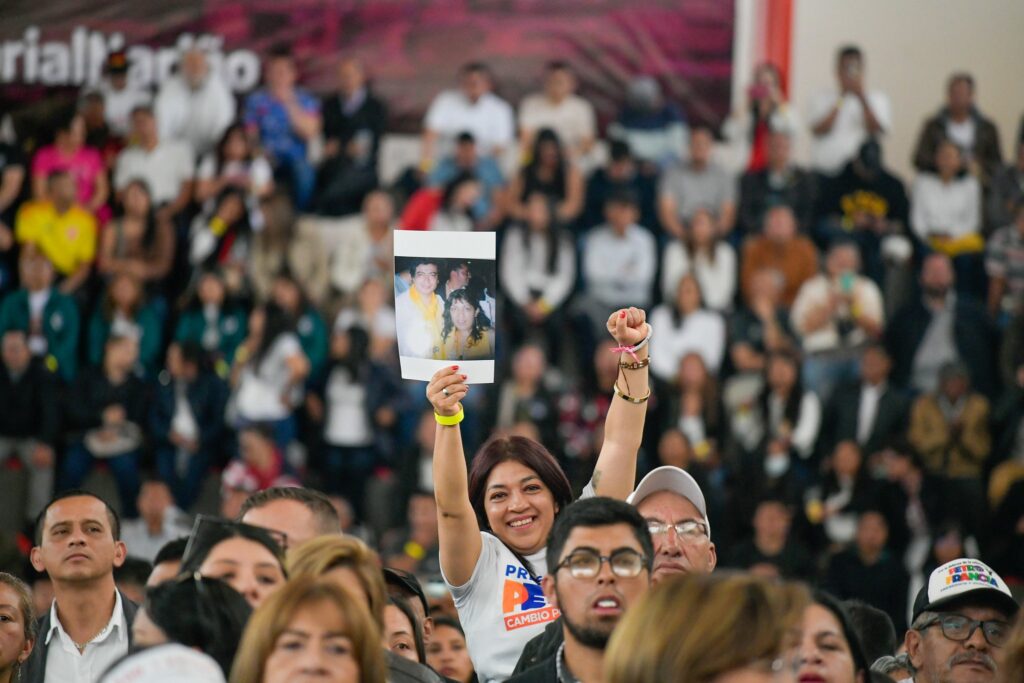
But the analyst explained that despite being good news, the agreement is fairly limited in its scope.
“I need to underline how [it] is a partial agreement without any structural sort of solution to the problems in Nariño, because this only covers around 10 municipalities of Nariño,” said Guzmán.
The Comuneros del Sur are just one of multiple armed groups active in the department, including FARC dissidents and neo paramilitary groups that descended from the now-demobilized United Self-Defense Forces of Colombia (AUC). Intensified fighting between these groups has produced a humanitarian crisis in Nariño in the past weeks.
Guzmán also noted that the deal is limited in its implications for the broader security situation in Colombia.
Escalating violence in multiple conflict zones in the country over the past months has raised concerns over Petro’s ability to deliver on his commitments to peace. In January, clashes in the northeastern Catatumbo region triggered Colombia’s worst humanitarian crisis since before the 2016 peace deal with the FARC rebels.
“[Instead] of total peace, this is sort of like a peace by bits. It’s very unlikely… to indicate a change in the trend for overall conflict circumstances in the country,” said Guzmán.
“And so I think this is good, partial and insufficient for what’s to come next.”
Featured image description: Petro at the signing event in Nariño.
Featured image credit: @infopresidencia via X


